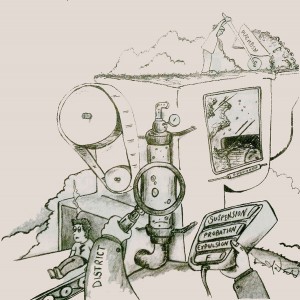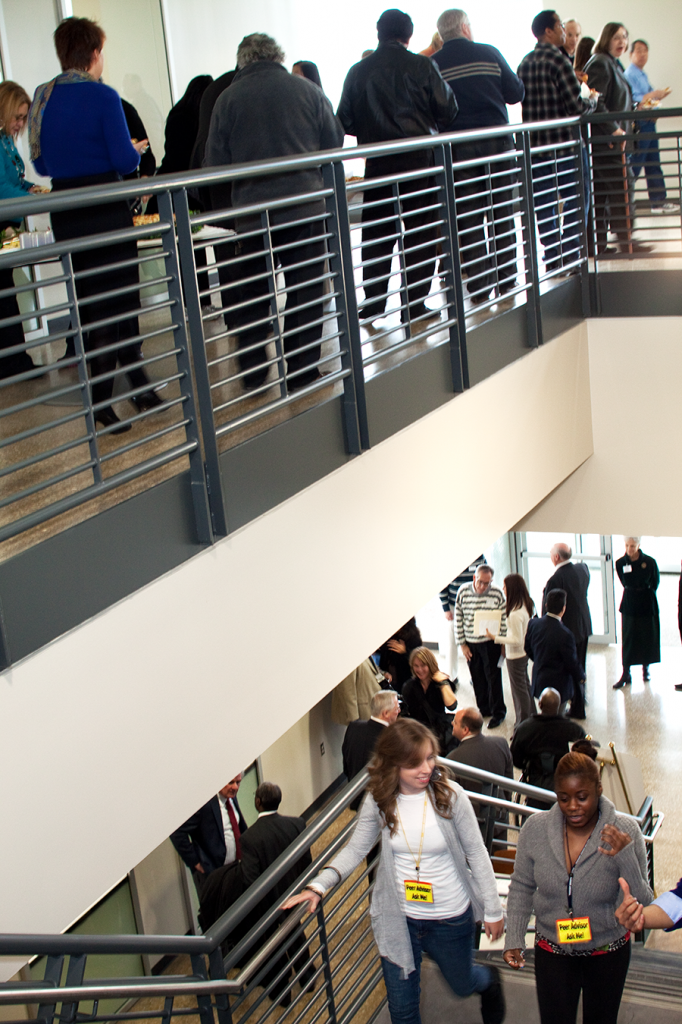 TCC needs clarity in its policy on plagiarism and stricter enforcement across the district when genuine plagiarism is committed.
TCC needs clarity in its policy on plagiarism and stricter enforcement across the district when genuine plagiarism is committed.
While students are still subject to probation, suspension or expulsion if faced with the charge, those punishments aren’t being levied consistently. Many students are given a slap on the wrist in the form of a zero on an assignment. The vast majority of the time, students can still attend the class and can still register to retake the class if they fail.
The reason probation and suspension should be options is to prevent students who don’t care or who are not at a college level from taking up seats from students who do care and are ready.
Another reason TCC needs clarity in its policy is there are differing degrees of plagiarism.
The district handbook defines plagiarism as “Presenting as one’s own the ideas or writings of another without acknowledging or documenting the source(s).” If TCC is to effectively punish intended plagiarism, it must have different punishments for students who commit it accidentally.
TR Campus formed a committee last fall to look into how the handbook defined plagiarism with an eye toward clarity.
“The whole purpose of the committee is to kind of look at how the campus feels about plagiarism, about how individual professors feel about plagiarism and how maybe we could look into consolidating all this,” said assistant professor Macario Romero, who heads the committee. “I think you’d have to agree that how students see plagiarism is entirely different from how administrators and professors see plagiarism.”
Romero’s committee is not charged with taking any action and has no interest in directly affecting policy.
We, as students, are guaranteed an education only through high school. That’s why everything through high school is free.
College is not free. College is a privilege. We are allowed to return to a focused, learning environment with professors who don’t need to teach to the TAKS and students who aren’t here just to drink and have sex. And as a privilege, college can be taken away.
In malicious cases of students deliberately stealing another person’s ideas, it needs to be.
Plagiarism is wrong. It is an act that degrades all genuine writing and critical thinking. It is inexcusable by the time a student gets to college.
And maybe a student doesn’t cite sources because he doesn’t understand MLA format or forgets to in the rush of the day, and that’s fine. No one wants to see a student expelled for a small oversight.
However, the district should clarify its definitions and enforce its rules to their fullest extent. Students should take plagiarism seriously.






















